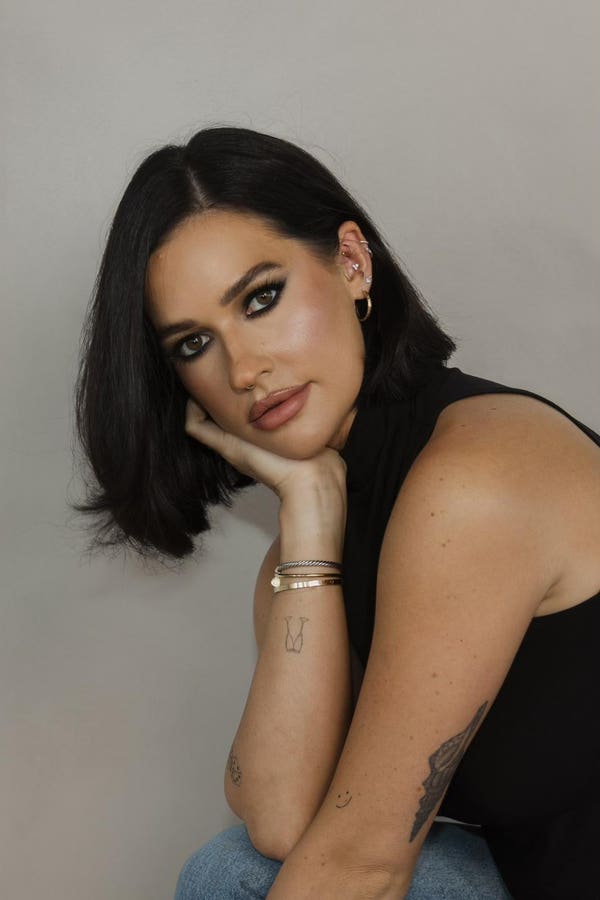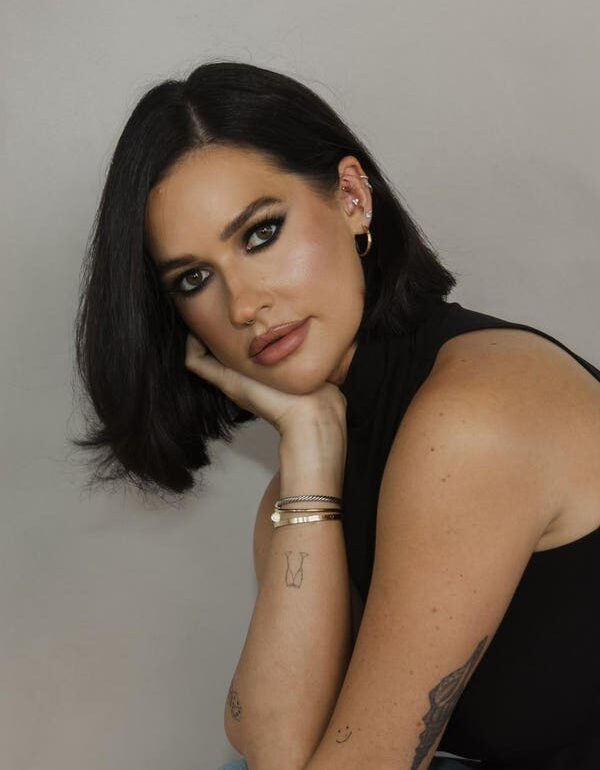
29-year-old Avery Woods graduated from nursing school in 2017, spending her career thereafter mainly working in so-called PICU units—shorthand for pediatric intensive care unit—in which she cared for whom she described to me earlier this week over email as “some of the sickest children” ranging from newborns to teenagers. Woods explained the majority of patients under her care were trauma patients: those, she said, who experienced things such as gunshot wounds, car crashes, abuse, and more. In addition, the PICU serves children who require assistance with breathing and oxygenation when coping with respiratory illnesses such as RSV during wintertime. The particular PICU Woods worked in, located within a so-called Level 1 trauma center, took responsibility for treating oncology patients who needed more intensive care, as well as children who are awaiting needed open-heart surgery.
However still licensed to practice, Woods turned in her scrubs in October of last year in order to pursue the influencer life. She boasts over 2 million followers on TikTok, followed by over 550,000 on Instagram and close to 40,000 on YouTube. Woods also is host of a podcast called Cheers! With Avery Woods, where she shares her stories as a social media maven and posts interviews with fellow content creators.
Woods told me she originally used social media during nursing school as a tool with which to share what she described as the “positive side of the nursing world,” adding she felt the only attention the nursing community garnered back then was “negative” and prone to pushing students to second guess their career choice. Woods aspired to showcase her industry in a decidedly brighter light, saying her goal was to “share my honest journey with studying tips, clinical rotations, and how I spiced up my plain nursing school scrubs with fun accessories.” Woods’ introduction to influencing came when a scrub maker approached her with an offer to get free scrubs in exchange for creating material for social media. She admitted she didn’t have a goal of being a full-time creator, telling me she first sought only to “share my unfiltered life in nursing school, encourage others, and have an escape outside of school.”
“I never imagined [social media] turning into what it has,” Woods said.
Technology—and by extension, the proliferation of social media—has enabled Woods to discover inspiration for every facet of her life. The feeling of shared lived experiences, she said, has an incredible capacity to make a person feel “a little less alone” while adding social media has “drastically” changed her life for the better in many more ways than one.
“Being able to now work from home and be present with my kids while they’re so young,” Woods said of being an influencer and content creator. “When working in the hospital, I had to miss so many firsts—first steps, first words, first time riding a bike. I feel so privileged I have been given the opportunity to have both myself and my husband home full-time to raise our [four] kids together. Inspiring others and making connections with my followers is something I also hold so sacred to me. I have also met so many lifelong friends that are fellow creators in this space and would have never met if I never took the leap in social media.”
When asked which platform is her favorite, Woods demurred and said she loves them all for different reasons. Instagram, she told me, is amazing because of its “unfiltered stories and beautiful and inspiring photos” while TikTok’s appeal lies in its capacity for humor, with Woods saying she’s equally appreciative of “how raw and real TikTok can be with certain vlogging styles.” In fact, it’s TikTok’s rawness that helped catapult it to become home to Woods’ largest audience on the internet.
At a macro level, Woods’ story echoes sentiments shared by other influencers I’ve interviewed over time—namely, that technology vis-a-vis social media has made communication more accessible. To Woods’ point about TikTok accounting for the bulk of her followers, she’s using technology to make sharing her personal stories and more or less raise advocacy for the nursing community and, by extension, disabled children living in PICU beds. (Make no mistake, these kids often are temporarily or permanently disabled to varying degrees.) Woods’ words are much more accessible nowadays than they ever would be without the modern marvel known as the modern internet connection—which is why I’ve long been adamant that social media is such an integral tool for, well, socialization for disabled people who are homebound and therefore more isolated from traditional interaction with others. Moreover, it isn’t trivial that Woods transitioned to being a full-time influencer and making money effectively from home. Although there is a certain amount of privilege in it, it’s notable from an accessibility context insofar as Woods is yet more evidence that careers can be had remotely. For those in the disability community who may be unable to work in an office, it’s plausible they may be able to carve out a relatively lucrative living following in Woods’ footsteps. A fortuitous byproduct of which is, again, the ubiquity of technology and social media makes it such that the disability community enjoys greater amplification than ever before.
In terms of feedback on her work, Woods told me she’s grateful the reception it gets is “extremely positive” and inspirational to others facing similar circumstances. Woods added she and her husband “have been through a lot of trials” in their lifetimes and hopes her audiences look at her story and take comfort in the notion that situations do change and there’s more to life. Many nurses, Woods said, have expressed gratitude for her work and how it inspired them to branch out beyond nursing, or switch to a different discipline within it, in order to maintain a healthier work-life balance. “Nothing makes me happier than that,” she said.
As to the future, Woods has but one goal: spread positivity. Elsewhere, she’s looking forward to putting her latent nursing license to good use by volunteering in third-world countries, as well as raising awareness and knowledge of organizations dedicated to pediatric healthcare. Woods also teased that she and her husband are in the “infancy stage” of a self-funded business, the details of which she’s excited to share soon.
“I’m so grateful for where this career has taken me,” Woods said. “But I feel as though I’m just getting started!”
This post was originally published on this site be sure to check out more of their content








